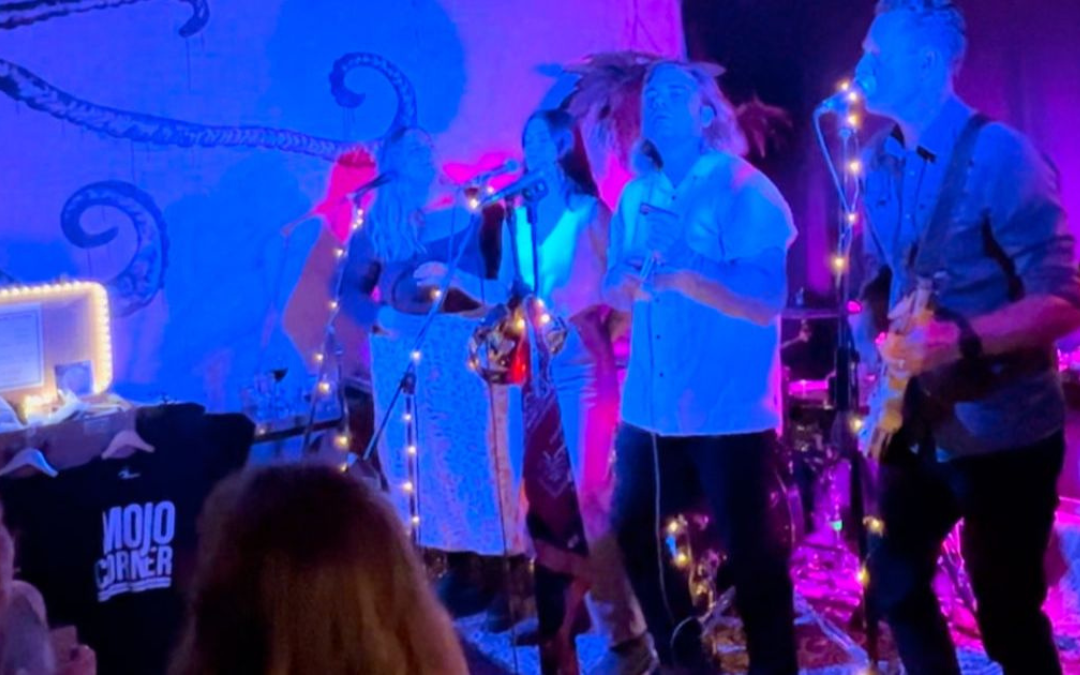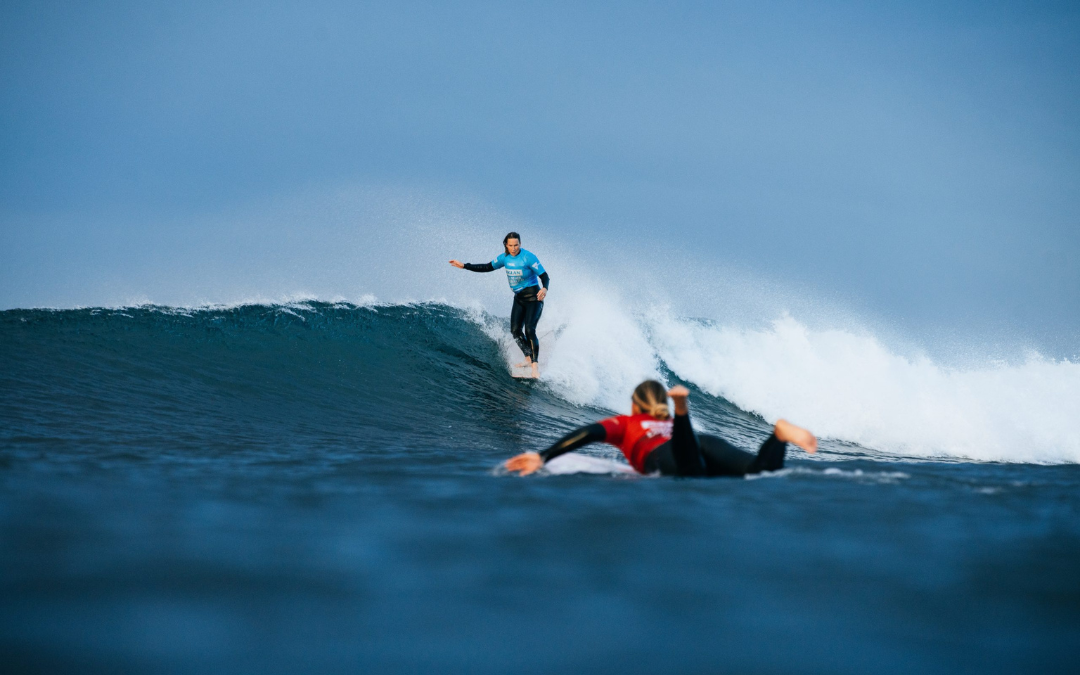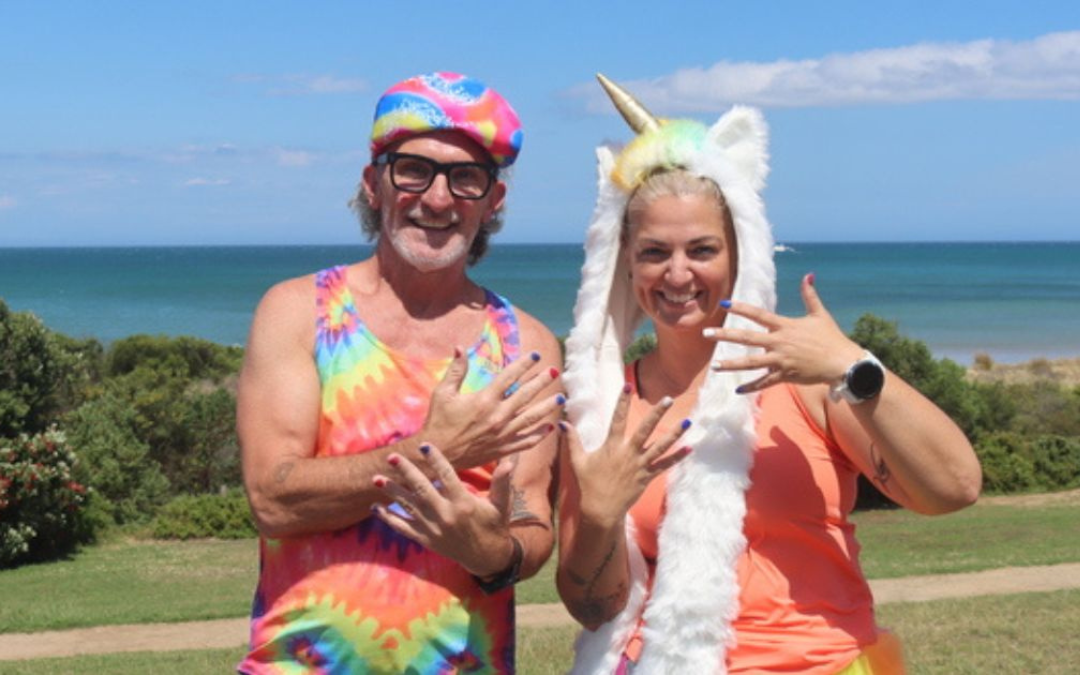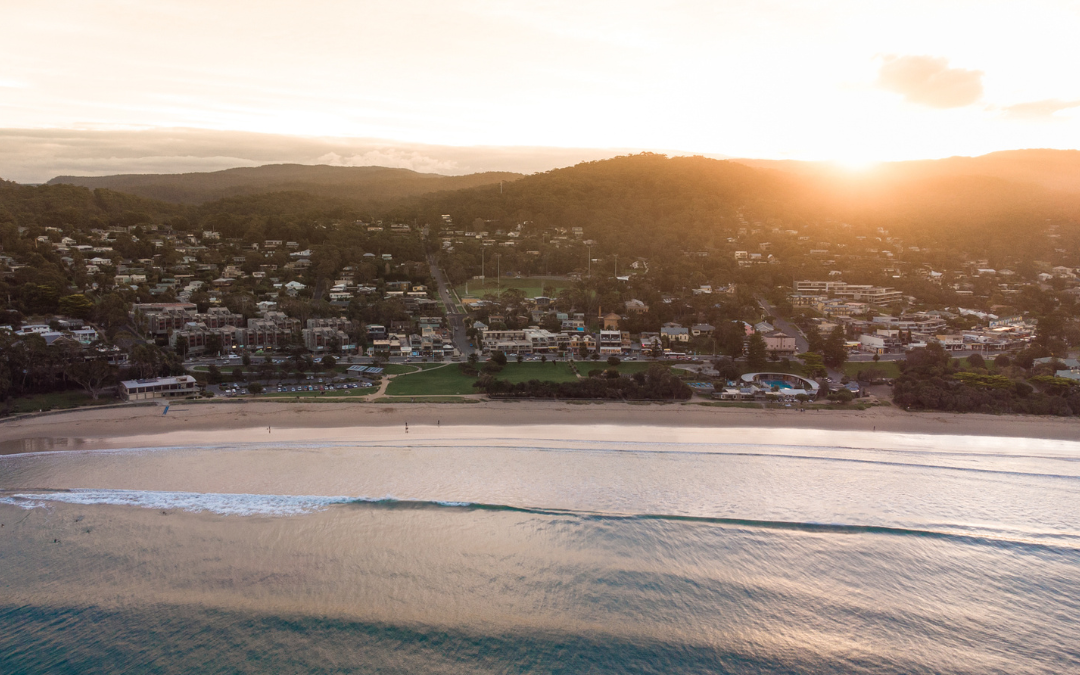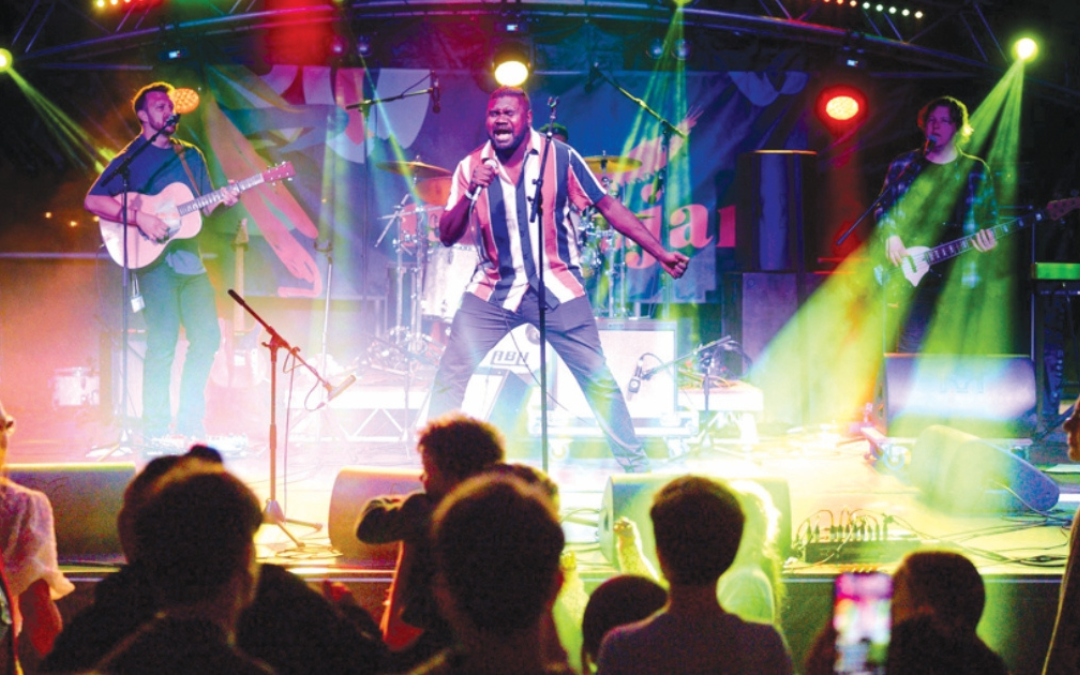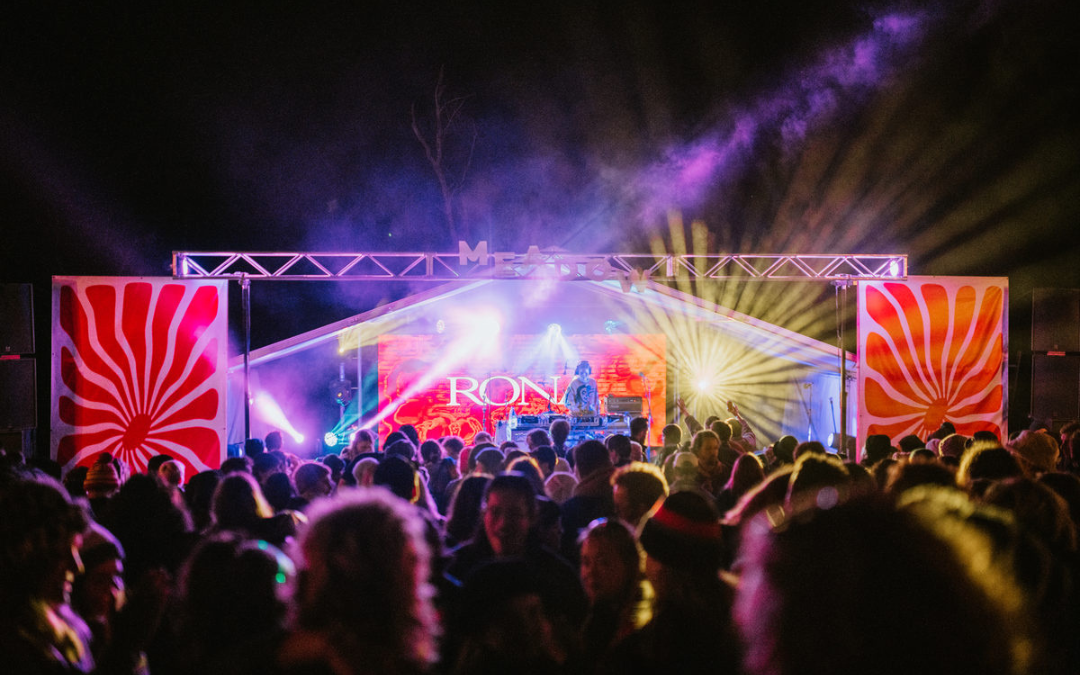August 4, 2022
The Running Game – Part 3
The 3rd of a series of 3 running articles by Jim Lawson. This articles focuses on event preparation and recovery.
I have a fascination with the preparation and the rituals elite sports people embark on just before a big event. What does an AFL footballer do the night before the Grand Final in terms of nutrition and routine? How does a champion tennis player prepare for a Grand Slam final? What should distance runners be doing the night before a half, full or ultra- marathon? And, after it’s all over, what does the recovery look like? There’s a truckload of information out there on this topic so it can be quite difficult to decipher what might just work for you. I tapped into the combined wisdom of the Surf Coast’s own distance events brains trust to guide me down the right track.
I started by enquiring about the one thing I remember about prepping for the school cross country race back in the day – carb loading. “Is carb loading still in vogue?” I asked Samantha Thomas, Coordinator of the Surf Coast Trek. “It most certainly is! The night before the Surf Coast Trek I carb load and I am not even doing the walk. That’s how much I like the idea! Pre-event pasta nights – I’m happy to recommend them every time” Samantha enthuses. “My other piece of event prep advice is: Don’t forget the gear pack. The pack is a super important element in a trekker’s preparation. In a walking event, you are out there in the elements for a very long time – spare socks can be a lifesaver!”
Chris Ord, Race Director of the Surf Coast Trail Marathon and The Afterglow is a little more circumspect on the carb loading.
“There’s a ‘bunch’ of science that supports carb loading before a run, and there is certainly science that supports fasting. A good nutritionist will tell you that there is no single answer for any individual"
I will weigh in by saying that it might be possible for someone to run a half marathon having fasted the night before. However, try doing that for a full marathon and you will run into trouble – your body needs to be fueled by something” Chris explains.
“For me, solving the nutrition puzzle is about experimenting on shorter runs. Work out what your body is fueled by – or best fueled by. The last thing you want to do before an event is to start experimenting. Come event day, apply what you have discovered about your own individual needs. Everyone is different. I can do a whole curry in the middle of 100km run – some people can’t.” he says.
Nige Muscroft, runner and surfer from the Happy Runner Torquay, sees real value in carb loading, especially for novices. “Yep, carb loading is still a thing. You don’t want to bonk half way through your event” he says. I seek some clarification on Nige’s ‘bonking’ reference. “Bonking is ‘runners speak’ to describe running out of energy or hitting the wall” explains Nige. “The human body can store a limited amount of energy which can run out if your dietary preparation isn’t right. Bonking during a long run is the feeling of sudden fatigue, lack of energy and heavy legs. You want to avoid that at all costs.”
Nige is also a fan of tapering before an event.
“Tapering can be helpful, especially for new runners. A week, even a little more, just to make sure you go into the event with no niggles and plenty of energy.”
And so what about recovering after a gruelling event? “Yes, recovery can be important for some after a big event” says Sam Maffett, General Manager of Rapid Ascent. “But, let’s take a step back and talk about recovery during training. As you get older, recovery becomes really important after each training session. After a long run, I try and have a bit more protein – like half a banana or a milkshake. I find doing this within 30 minutes of finishing a run helps my recovery. Keep moving as well” Sam adds. “Paying attention to your recovery is really important while you are in the training phase because it keeps you on the track. That’s seems obvious but it is sometimes overlooked.”
“Now, if you are talking about after a race,” Sam notes, “I‘m not so fanatical.”
"This is the time to celebrate. The legs might be sore, but you need to enjoy the moment. There is nothing wrong with having a hamburger and chips post event.”
“Recovery is important and let’s not forget mental recovery,” says Chris Ord. “Be aware of the possibility of a mental comedown. You’ve done this amazing thing, but now it’s over. What’s next? On the physical side, yes, sleep and refueling is important – and rewarding yourself is fine. Look after your niggles.”
“Ride the buzz, rest and then get back into it” says Nige Muscroft.
“Ice baths from the knees down” adds Samantha Thomas. “And keep moving – that’s the hot tip from past participants of the Surf Coast Trek. A pub recovery? I am not going to recommend that” she laughs.
So summing up, fellow distance runners and trekkers, there is general consensus amongst our experts that carb loading and taking on carbohydrates during your longer events will help to make sure you don’t run out of energy. It’s insurance against sudden fatigue, lack of energy and heavy legs. It reduces the risk of bonking. The pre-event pack can be crucial for our trekkers- – don’t forget the spare socks. And when it’s all over, reward yourself, you’ve come a long, long way – it’s time to celebrate and relax, unwind and reflect. BUT… keep moving!


